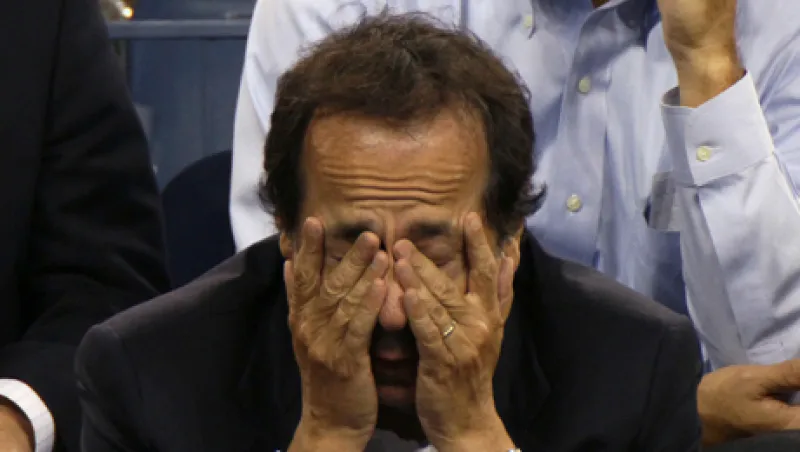For the second time in four years, hedge funds are navigating through a seminal market environment that will surely define reputations. In some cases it will determine who will remain in business and attract more clients, who will shut down and who will just limp along.
To put it bluntly: if a manager failed to protect investors during both 2008 and the current market volatility, especially since May, chances are investors will bail out faster than you can say QE3.
In other words, for the second time since 2008, hedge fund managers must prove that they have lived up to their identities as true ‘hedge’ funds. How the market winds up and where hedge funds fare in relation to the overall indexes will make or break reputations.
Big down years in both 2008 and 2011 will likely prove to be virtual death knells.
Lost money in 2008 but preserved capital this time around? You’ll be able to convince some that you learned your lesson.
And what lessons would they be?
Don’t be first on the block to pick a bottom, like Tontine Associates’ Jeffrey Gendell and Tiger Asia Management’s Bill Hwang did in 2008, suffering huge losses.
Don’t load up on illiquid securities, so you don’t have to throw up gates and create side pockets to prevent your customers — investors — from getting their money back when they want it, as happened at dozens of hedge funds several years ago.
So far, most hedge funds have been preaching conservatism. In the past few months, it was hard to find a bull other than John Paulson. And he has paid the price, with his most aggressive fund down somewhere in the 30s.
Most hedge fund managers have confessed a lack of conviction and loaded up on cash. They include David Tepper, the hedge fund manager with the biggest cojones, who twice followed 25 percent declines with triple-digit gains the following year, including the 2008–’09 two-year period. As I reported earlier this month, sources say he has 30 to 40 percent in cash, which is very high for him.
After Standard & Poor’s downgraded U.S. debt on August 5, portfolio manager Izzy Englander’s Millennium Management was said to have sold the following week, reducing positions to avoid losing even more money than they would have from standing pat. Sure enough, Millennium is up about 6 percent, say investors.
D.E. Shaw’s Oculus fund is said to be up 20 percent. Through last week Brevan Howard’s main fund was up 11.12 percent. In fact, the fund was down more than 2 percent last week when the stock market rose all five days, underscoring how hedged this fund is.
However, as I reported from the joint Institutional Investor/CNBC Delivering Alpha conference last week, a number of hedge funds did seem to be talking a bullish game for the rest of the year. If the market rebounds, they will look smart. If the markets continue to tumble and they hold firm with their assertions, they are in big trouble.
This is a pivotal moment. As the stock market completes its worst week in nearly two years, investors are trying to figure out whether the current environment is comparable to September 2008, when the markets went into free fall, not bottoming until the following March. Or is the current environment similar to the March 2009 bottom? That’s when Tepper started buying banks aggressively, racking up a triple-digit return by year’s end.
My bet: It is neither. The market never provides a blueprint from a previous time. Each recovery or rally is different.
When the profits, losses, redemptions and shutdowns settle, we’ll discover the true hedge funds — that is, those that hedged, willing to give up a lot of upside in exchange for preventing their investors from losing a lot of money.
Like I said, this is a seminal moment for hedge funds.







